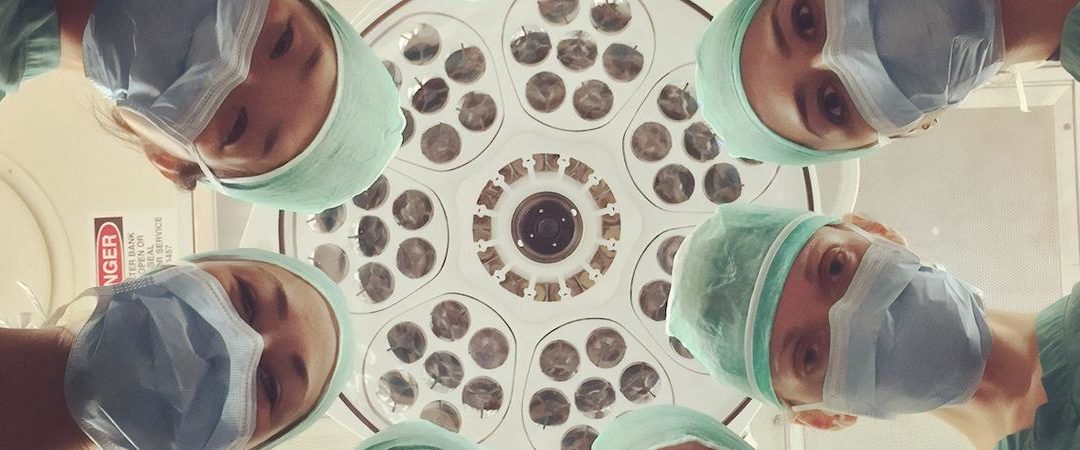
By Holly Ober

A low-temperature plasma. (Lorenzo Mangolini/UCR)
The shortage of N95 and surgical masks has complicated efforts to control the COVID-19 pandemic and jeopardized the lives of health care workers, who are forced to reuse masks many times.
Lorenzo Mangolini, an associate professor of mechanical engineering and materials science, and Joshua Morgan and Justin Chartron, assistant professors of bioengineering, have joined forces to investigate the use of low-temperature plasmas — partially ionized gases — to sterilize facemasks for safer reuse.
Surgical and N95 masks are made of fine polymer fibers, which act as a filter. They are too delicate for usual sterilization techniques such as the autoclave, which uses too high a temperature; and UV light, which does not penetrate deeply between the fibers. Low-temperature plasmas generate a broad range of bacteria- and virus-killing properties, while the temperature remains close to room temperature.

Untreated E. coli bacteria (left) and after a short treatment with low-temperature plasma (right). Longer treatment killed all the bacteria. (Troy Alva/UCR)
The faculty researchers, along with doctoral students Joseph Schwan, Troy Alva, and Brian Lupish; and postdoctoral scholar Giorgio Nava, contaminated surgical masks with E. coli, a bacterium commonly used to test sterilization, and subjected the masks to several minutes of the low-temperature plasma.
The masks were thoroughly sterilized, a promising result considering E. coli typically resist sterilization better than viruses.
The next step is to test the sterilization technique on masks that contain SARS-CoV-2, the virus that causes COVID-19.
The investigators envision developing a small, inexpensive, and potentially portable instrument that can be used by hospitals and clinics to routinely disinfect their masks.









